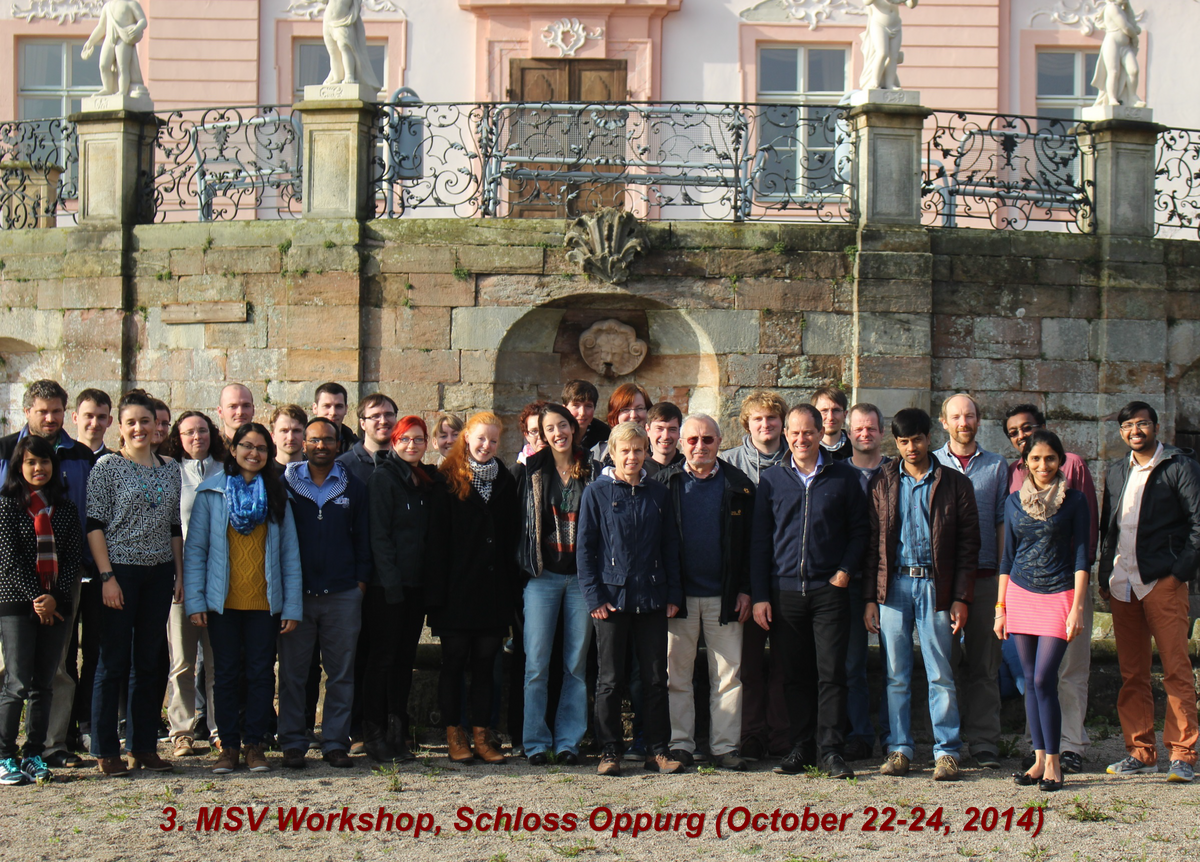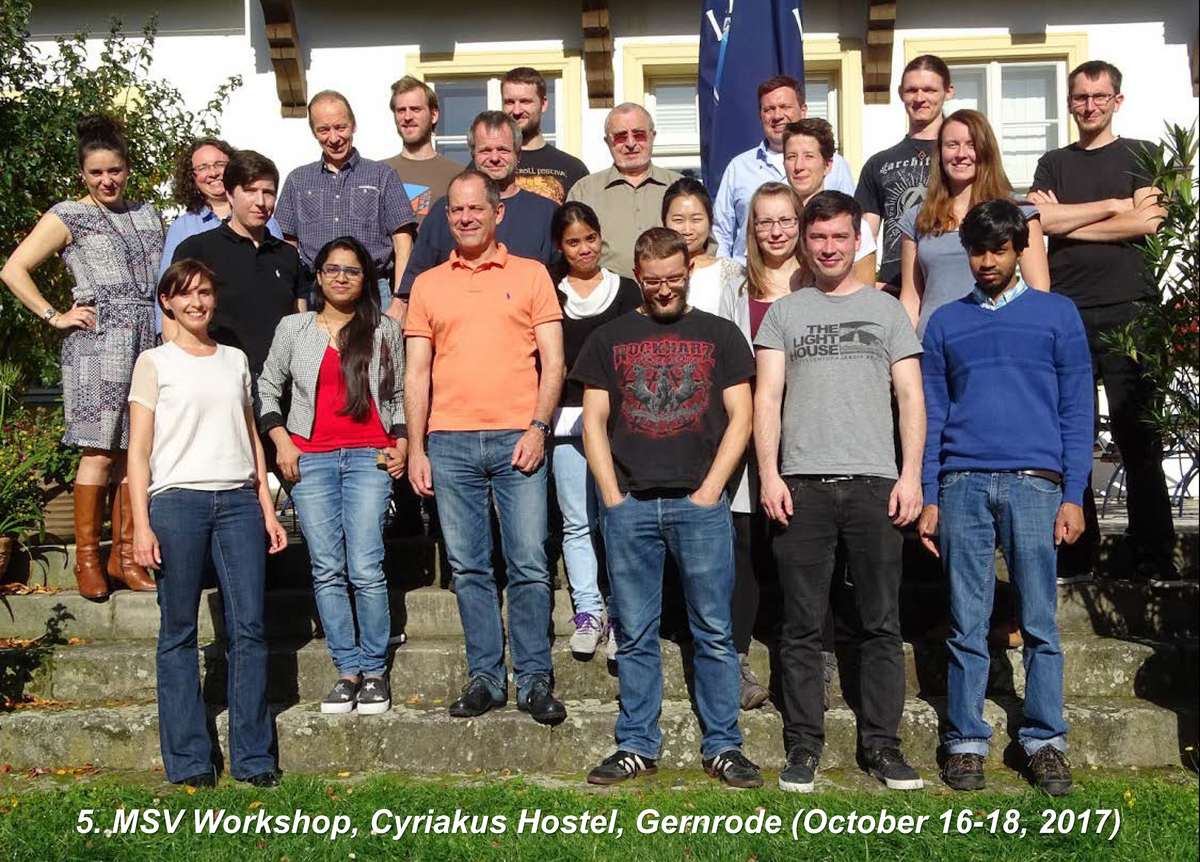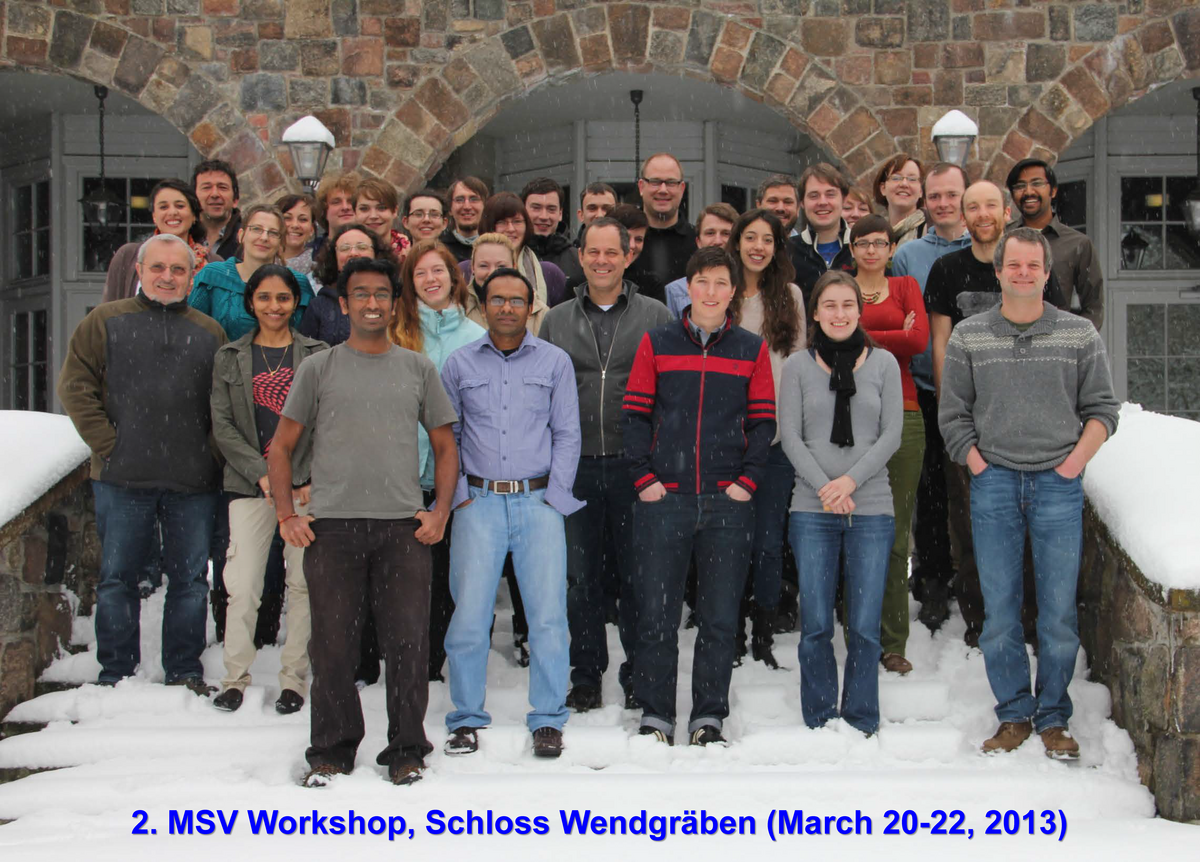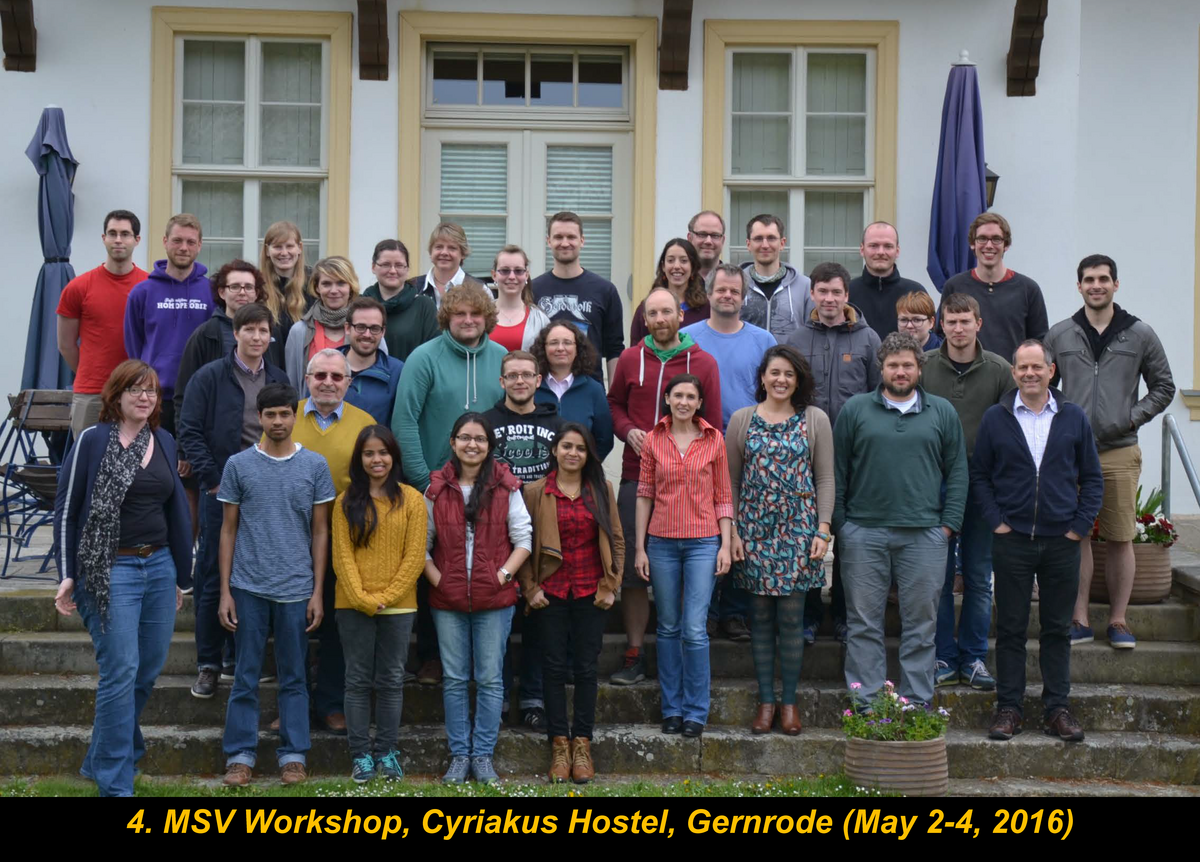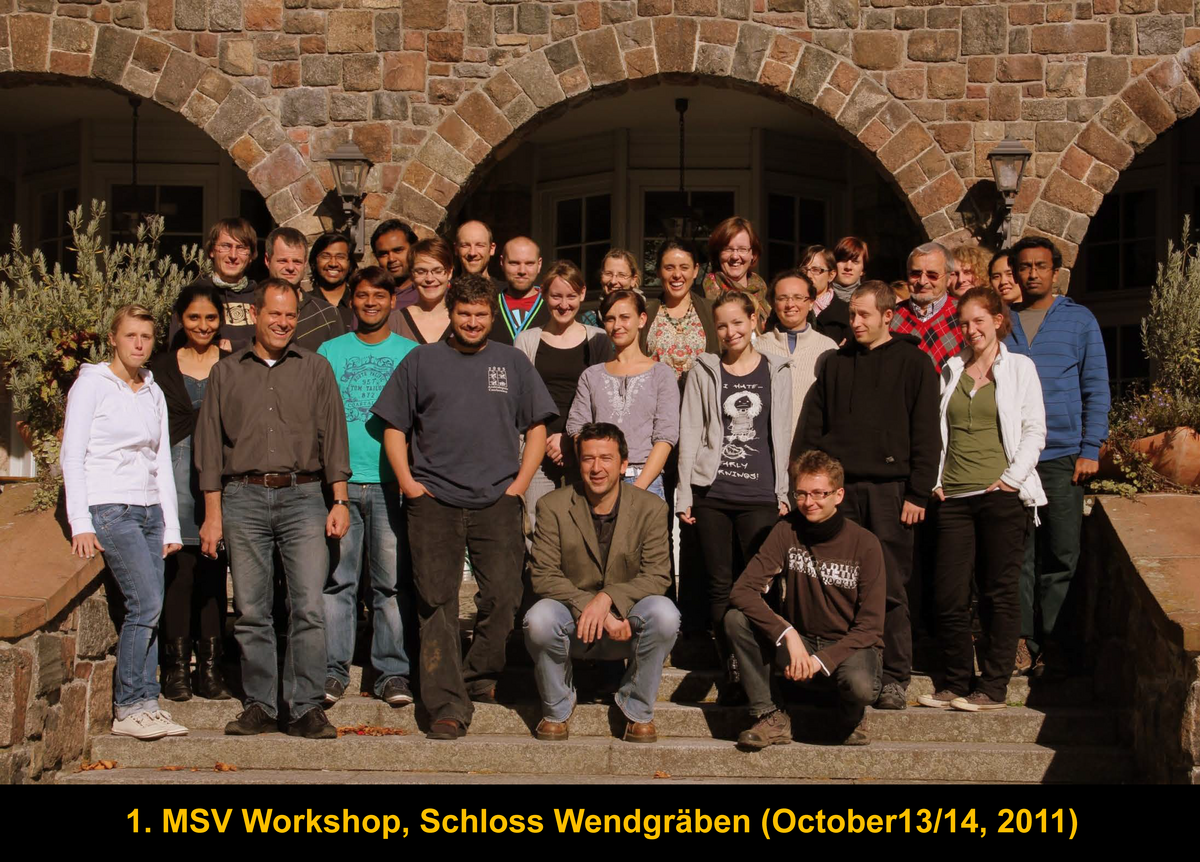The Department Molecular Signal Processing investigates at the biochemical to systems level how plants swiftly respond to fluctuating external conditions and optimally adapt to lasting environmental change. This research theme is not only of high importance for fundamental and translational plant research but is also of imminent societal relevance for crop improvement and future food security in the context of accelerating climate change.
Plants are masters of resilience and plasticity: once their seeds decide to sprout, they are destined to stand their ground and ‘weather the elements’, on occasion for centuries to come. Because of their restricted mobility, plants evolved unique adaptive strategies for survival. They respond to local challenges or opportunities with directional growth for stress evasion or habitat exploration. Furthermore, plants synthesize an arsenal of specialized bioactive compounds for effective chemical communication, formidable self-defense, or enhanced mobilization of edaphic resources. An array of chemical mediators and their interconnected regulatory networks govern postembryonic plant development, fine-tune plant growth, and adjust metabolism as informed by local cues. Our department is particularly interested in exploring how plants monitor and perceive external parameters, transmit and integrate information about their surroundings, and deploy appropriate metabolic and developmental responses to shifting abiotic conditions or co-evolving biotic stressors for optimal plant growth and survival.
Currently, three research groups pursue the departmental theme by focusing on select relevant questions, supporting the IPB mission in the areas of chemical mediators and molecular interactions:
RG Jasmonate Signaling studies the molecular mechanisms of plant stress responses in the context of jasmonate biosynthesis and action.
RG Nutrient Sensing studies how metal-dependent phosphate availability governs adaptive biochemical responses and root development.
RG Symbiosis Signaling studies the molecular processes that establish functional symbioses between plant roots and beneficial microorganisms.
Alumni research groups:
RG Cellular Coordination (2016-2023), Katharina Bürstenbinder (Professor, Marburg University)
RG Signal Integration (2011-2020), Luz Irina Caldeón Villalobos (Managing Director, KWS Gateway Research Center, St. Louis, USA)
RG Regulatory RNAs (2014-2021), Selma Gago Zachert (Project leader, Halle University)
RG Auxin Signaling (2011-2015), Marcel Quint (Professor, Halle University)
MSV Retreats
This page was last modified on 27 Jan 2025 03 Jun 2025 03 Jun 2025 27 Jan 2025 27 Jan 2025 .




